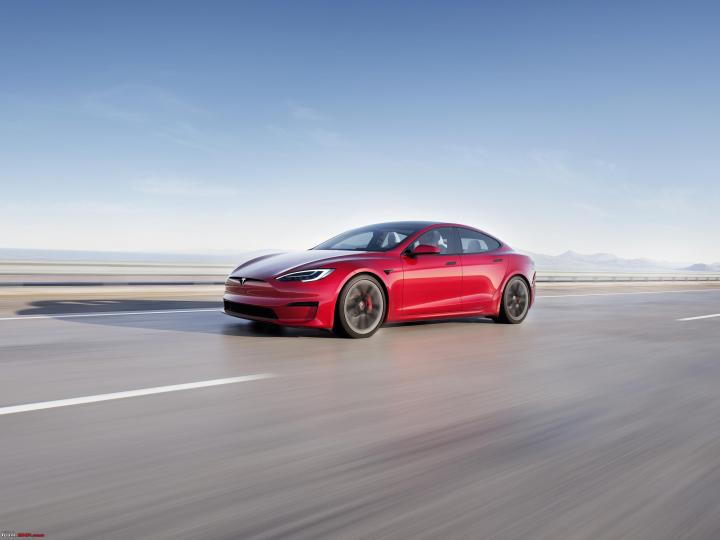News
EVs and ICE cars could reach price parity as early as 2025
Goldman Sachs estimates that EVs and ICE cars will reach price parity in the USA somewhere between 2025 and 2026
According to media reports, batteries make up almost one-third of the cost of producing an electric vehicle. However, a new report by Goldman Sachs suggests that with the cost of batteries declining, EV prices could soon come close to their ICE-powered counterparts.
The report from Goldman Sachs also mentions that the average global cost for batteries in 2024 was $115 per kilowatt hour - almost 23% lower than last year. The report also states that it expects these prices to further reduce by up to 20% in 2025.
Alan Taub, Director of Michigan Materials Research Institute, stated "The cost is dropping dramatically through technology. Right now, there's nothing that looks like the Achilles heel of 'you can't get there'."
Similarly, Kieran O'Regan, Co-Founder of about:Energy - a battery data and software company, stated, "Raw material prices are a significant factor in the overall cost of EV batteries. As battery prices decrease due to technological advancements, the contribution of raw material costs becomes more significant."
As of June 2024, Kelly Blue Book states that the average cost of an electric vehicle in the USA was $56,371, just slightly higher than its ICE counterpart priced at $48,644. Part of the price disparity is also because drivers in the USA tend to purchase bigger vehicles, requiring larger & more expensive batteries.
Goldman Sachs estimates that EVs and ICE cars will reach price parity in the USA somewhere between 2025 and 2026 - this is without accounting for any government subsidies. This will also bring down the cost of ownership of the vehicle as well.
Nikhil Bhandari, Co-head of Asia-Pacific Natural Resources & Clean Energy at Goldman Sachs, stated, "There is a time lag that we need to account for here and that's why 2024 is still a tough year from an EV demand perspective, but we do see catalysts opening up in 2025 from a demand perspective."
Source: Autoblog












.jpg)






